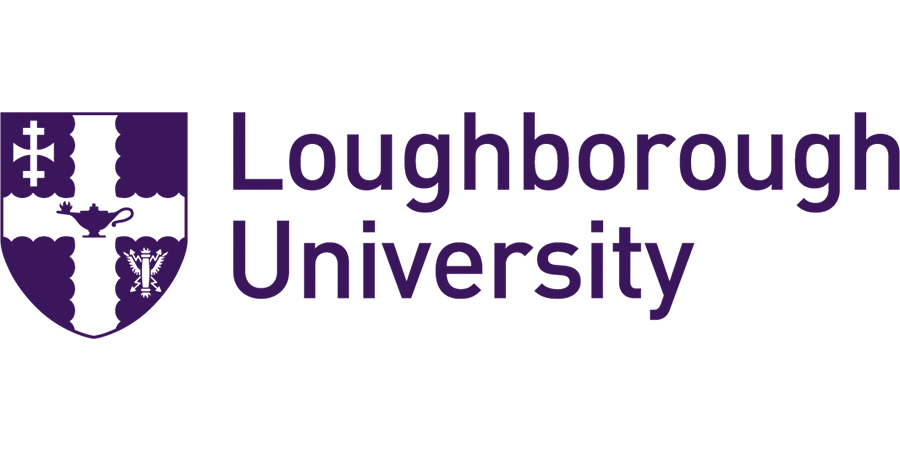PhD Studentship: Impact of Circular Economy Measures on the Transition to Net Zero in the Construction Industry
Loughborough University
| Qualification Type: | PhD |
|---|---|
| Location: | Loughborough |
| Funding for: | UK Students, EU Students, International Students |
| Funding amount: | A tax-free stipend of £19,237 per annum (2024/25 rate) |
| Hours: | Full Time, Part Time |
| Placed On: | 14th October 2024 |
|---|---|
| Closes: | 17th November 2024 |
| Reference: | ABCE-NICER2-24 |
Start date: January 2025
Project details
The UK’s built environment is responsible for around 60% waste generation and 25% greenhouse emissions. The UK’s Climate Change Act laid the groundwork for the UK’s net zero vision and targets. To date, efforts to tackle the climate crisis have focused on the transition to energy efficiency. However, the Climate Change Committee acknowledged that energy efficiency measures will not be enough to meet net zero targets.
It is estimated by projects of the UKRI Interdisciplinary Circular Economy Centre for Mineral-Based Construction Materials that adopting circular economy principles in the construction sector could contribute a 38% reduction in C02 emissions by 2050. As such, the construction sector offers credible opportunities to mitigate the impact of climate change by applying circular economy principles to support the transition to net zero. This doctoral project, which is part of the UKRI Interdisciplinary Circular Economy Centre for Mineral-Based Construction Materials (https://www.ucl.ac.uk/circular-economy-centre-for-construction-minerals) offers an exciting opportunity to optimize the nexus between circular economy and next zero.
The aim of the project is to investigate, evaluate and classify circular economy strategies that have the potential to support the transition to net zero in the construction industry.
Supervisors
Primary Supervisor: Professor Mohamed Osmani
Secondary supervisor: Professor Sergio Cavalaro
Entry requirements
Our entry requirements are listed using standard UK undergraduate degree classifications i.e. first-class honours, upper second-class honours and lower second-class honours.
Entry requirements for United Kingdom
Applicants should have, or expect to achieve, at least a 2:1 honours degree (or equivalent) in a related subject such as environmental science, construction/building, architecture, social science. A relevant master’s degree and/or experience is desirable.
English language requirements
Applicants must meet the minimum English language requirements. Further details are available on the International website.
Fees and funding
Fees for the 2024-25 academic year apply to projects starting in October 2024, January 2025, April 2025 and July 2025.
Tuition fees cover the cost of your teaching, assessment and operating University facilities such as the library, IT equipment and other support services. University fees and charges can be paid in advance and there are several methods of payment, including online payments and payment by instalment. Fees are reviewed annually and are likely to increase to take into account inflationary pressures.
The studentship is for three years and provides a tax-free stipend of £19,237 per annum (2024/25 rate) for the duration of the studentship plus university tuition fees.
How to apply
All applications must be made online via the above ‘Apply’ button and must include a completed studentship application form (instead of a personal statement) and a two-page research proposal based on the project description describing how you would approach the project and what methods you would use. Under programme name, please select 'Architecture, Building and Civil Engineering (Built Environment)'. Please quote reference number ABCE-NICER2-24.
To avoid delays in processing your application, please ensure that you submit the minimum supporting documents including an up-to-date CV, but a personal statement is not required.
ABCE will use these selection criteria to make a decision on your application.
Advert information
Type / Role:
Subject Area(s):
Location(s):









